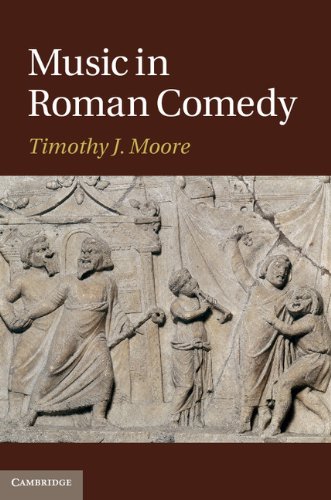
Music in Roman Comedy
The plays of Plautus and Terence were profoundly musical: large portions of all the plays were sung to accompaniment, and variations in melody, rhythm and dance were essential elements in bringing both pleasure and meaning to their performance. This book explains the nature of Roman comedy's music: the accompanying tibia, the style of vocal performance, the importance of dance, characteristics of melody, the relationship between meter and rhythm, and the effects of different meters and of variations within individual verses. It provides musical analyses of songs, scenes and whole plays and draws analogies between Roman comedy's music and the music of modern opera, film and musical theatre. The book will change our understanding of the nature of Roman comedy and will be of interest to students of ancient theatre and Latin literature, scholars and students working on the history of music and theatre and performers working with ancient plays.
